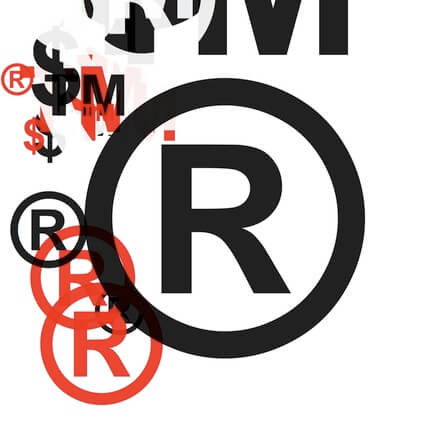 Brand owners can benefit from preventive relief against acts of infringement or passing off by others. The courts can grant various types of injunctions, prohibitory, permanent, or temporary, to prevent further damage to the plaintiff. The type of injunctive relief that will be granted to a trademark owner is in the discretion of the court, on application by the plaintiff.
Brand owners can benefit from preventive relief against acts of infringement or passing off by others. The courts can grant various types of injunctions, prohibitory, permanent, or temporary, to prevent further damage to the plaintiff. The type of injunctive relief that will be granted to a trademark owner is in the discretion of the court, on application by the plaintiff.
Most trademark owners will apply for temporary injunctions because the resolution of a case may take years, and a temporary or interim injunction affords relief while the case is pending. A permanent injunction is effective when the court requires the defendant to take positive action to curb an infringement. It is granted in exceptional cases when the court orders the defendant to do something to allow the plaintiff to enjoy their intellectual property rights uninterrupted.
In the recent case of Under Armour Inc. v Avengers and anor. the Delhi District Court (Commercial Court) granted mandatory injunctions to prevent trademark and copyright infringement. The case was brought by a well-known American manufacturer of sports equipment, against Avengers, a manufacturing and retail entity. The order directed the defendant to stop using the copyright marks Under Armour, UA, UA Record, their logos and other similar marks registered by the plaintiff for apparel and accessories.
The defendants sold apparel and accessories bearing the plaintiff’s registered marks and logos to confuse customers. The plaintiff discovered the defendants’ infringing activities in 2018 and found evidence of the defendants’ dishonest intent. The defendants’ products were of inferior quality and the marks were poorly placed and printed.
The plaintiff alleged that the defendants were using deceptively similar and identical infringing marks to benefit from the goodwill accruing to the plaintiff and requested the court to grant permanent injunctions.
A previous court had granted interim orders to restrain the defendants from using the trademarks and copyright of the plaintiff on such items as apparel and packaging material. A local commissioner was appointed to seize infringed goods found on the defendants’ premises. In the present case, the plaintiff satisfied the court that due to the immense popularity, goodwill and reputation that they held in the world, the marks in question had become well known and were synonymous with athletic products. The plaintiff claimed exclusive trademark ownership over the marks and copyright ownership over the original design and style of the logos and wording.
The court found in favour of the plaintiff, noting that the plaintiff’s reputation and business were being harmed continuously because the defendants had continued to sell the infringing products.
The court had little difficulty in finding that the marks were indeed deceptively similar, saying, “The impugned mark bears such an overall similarity to the registered mark as would be likely to mislead a person usually dealing with one to accept the other if offered to him. … The trademark/logo/mark is practically of the same size; the design on both though not completely identical bears such a close resemblance that one can easily be mistaken for the other. The same appears to be deceptively similar to the mark of the plaintiff as it so nearly resembles that other mark as to be likely to deceive or cause confusion.”
The plaintiff proved that the defendants had infringed on its intellectual property rights in the trademarks and copyright. The court therefore granted permanent injunctions to prevent the defendant from dealing in products displaying similar marks to those of the registered trademarks of the plaintiffs. The defendants were also directed to give up all goods and materials related to the infringing intellectual property, and to disclose the names of those involved in the illegal activity.
An aggrieved brand owner may apply for one or more of the various types of injunction. Each type may overlap, but each extends the ability of the court to prevent future infringing activities. The grant of an injunction is at the discretion of the court and will depend on the facts and circumstances of each case. The plaintiff must still lead compelling evidence to establish an irrefutable case, even when, as in this case, the defendants do not appear in court.
Different types of injunctions suit different instances of IP infringement, as well as the stage at which a case is. Authored by Manisha Singh & Simran Bhullar, this article talks about the case of Under Armour vs Avengers in the light of mandatory injunctions.
It was 1st published in IBLJ.



